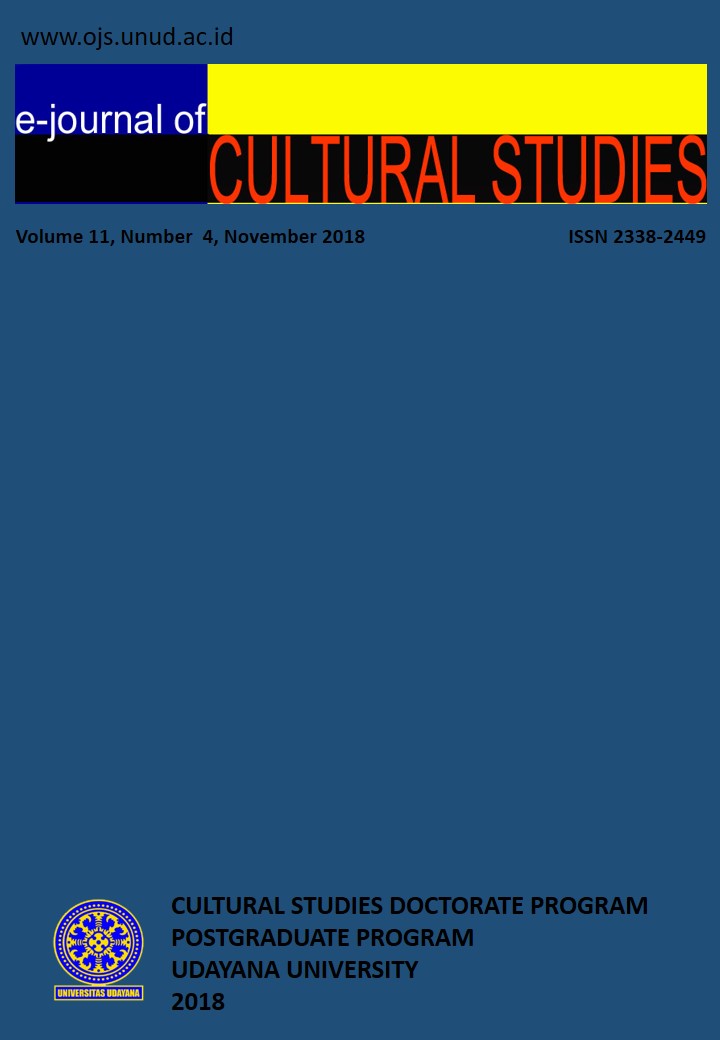THE DECONSTRUCTIVE SEMIOTICS OF FISHING MANTRA DICTION IN THE BAJO ETHNICS
Abstract
Language is a form of human emergency sensitivity to the situation around it. If observed, if the linguistic position is in the semiotic point pattern, then natural signs can be a form of verbal power. Accompanying Nietzsche's thoughts on a strategy he calls "geneology" in historicism, in order to observe the traditions of creativity that exist in society, Nietzsche believes that every creation has a special set of interests for a particular location or context. The Bajo people as a sea tribe in general, including ethnic Bajo who inhabit Katela Island in West Muna Regency, Southeast Sulawesi also establish this creative process in the copyright mantra, which is in the form of sea spells arranged in diction and symbols on signs and codes given by nature. The significant process occurs when spells as something that is believed by the Bajo people in fishing activities have many functions. This study adopts Derrida's Deconstruction theory, in Derrida's view, the core location of deconstruction is deconstruction related to language. If conventional semiotics emphasizes the signification process, namely the functioning of the sign as a reflection of established social codes, then in the poststructuralist semiotics which is emphasized is a significant process, namely a creative creation of signs and codes without and without limited.
Keywords: Deconstructive Semiotics, Sea Mantra Dictation, and Bajo Ethnicity







